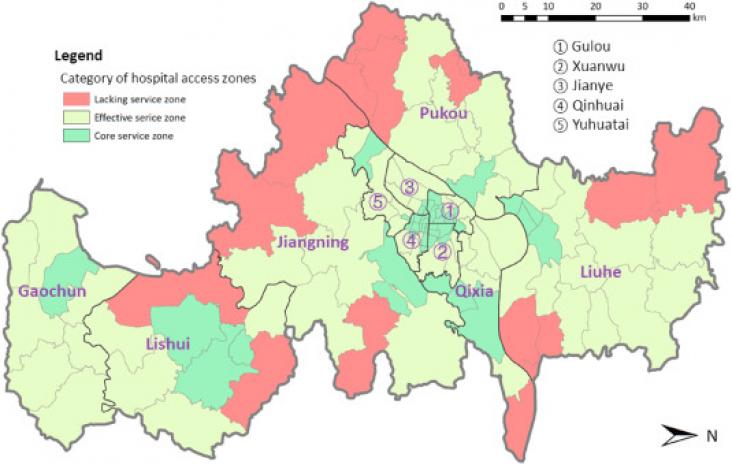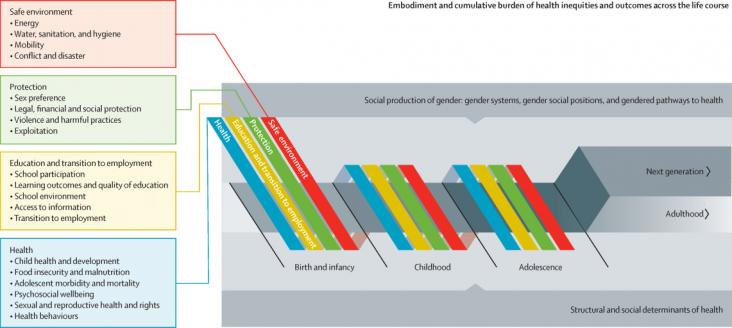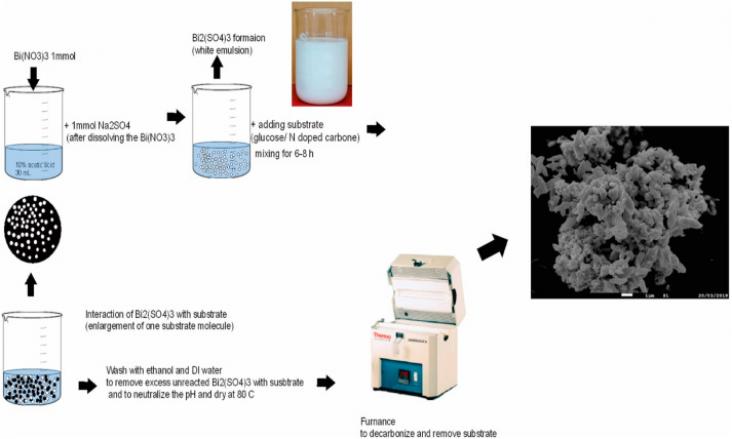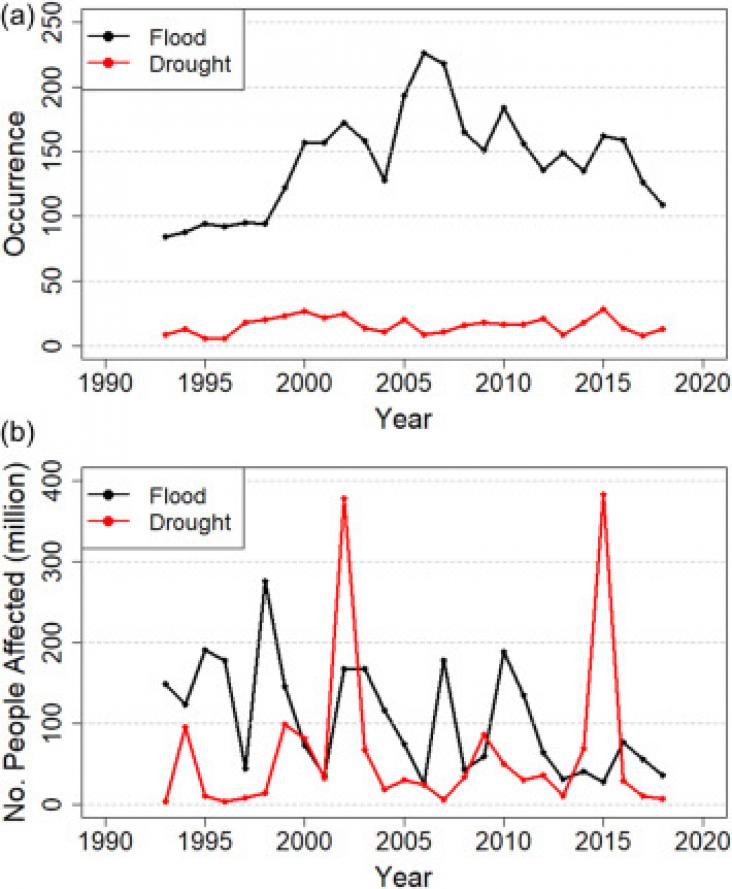
Background: With the rapid demographic shift towards an ageing society, it is a concerted effort to facilitate elderly's access to healthcare in order to maintain and improve their quality of life.



Jenkins et Al. Application of sex and gender health: A practical framework. In: Jenkins et al, How Sex and Gender Impact Clinical Practice, Academic Press, 2021, Pages 3-8.
Oliver et al., Practice improvement through a sex and gender high-value healthcare model, In: Jenkins et al, How Sex and Gender Impact Clinical Practice, Academic Press, 2021, Pages 309-323.
